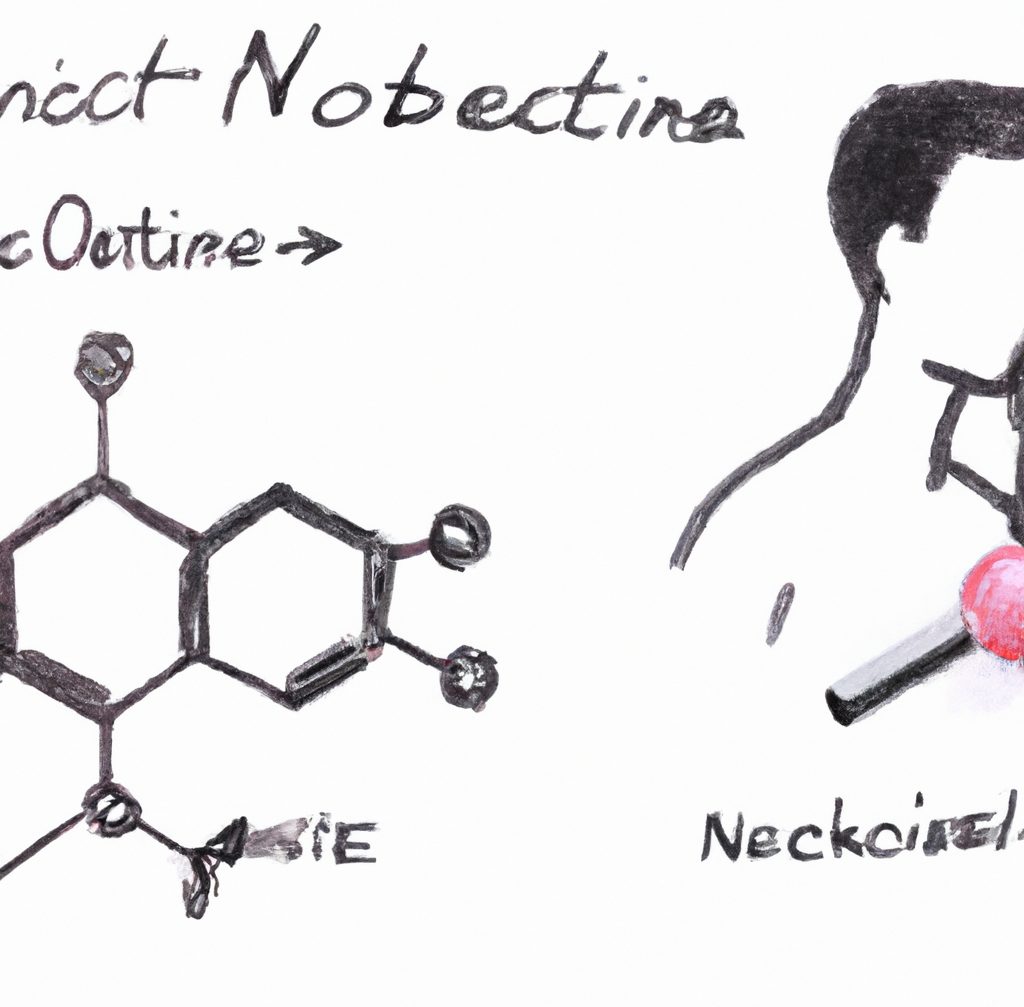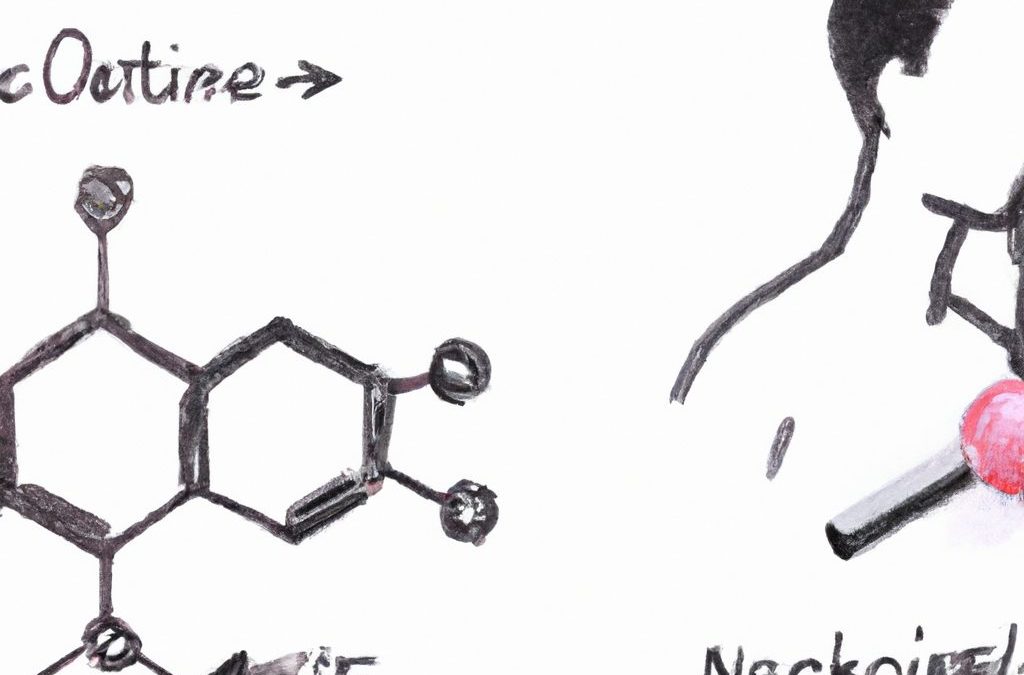
Nicotine, a highly addictive substance found predominantly in tobacco products, has a significant impact on the human body. Especially if you are a nicotine user, you may have wondered: how long does nicotine stay in your body? Whether it’s through smoking cigarettes, vaping, or using smokeless tobacco, nicotine affects various organs and systems, leaving lasting effects. This article addresses three crucial questions surrounding nicotine: how long it stays in the system, methods to flush it out rapidly, and ways to remove it from the lungs.
How Long Does Nicotine Stay in Your System?
Nicotine’s duration in the body varies depending on factors like frequency of use, individual metabolism, and the method of consumption. Typically, nicotine has a half-life of about 2 hours, meaning your body consumes, metabolizes and eliminates about half of the nicotine every 2 hours. However, traces of nicotine and its metabolites can linger in the body for more extended periods.
In general, nicotine can be detected in urine for up to 3-4 days after the last use. Blood tests may detect nicotine for up to 10 days, while saliva tests can show traces for 1-4 days. Hair follicle tests have the longest detection window, potentially revealing nicotine use for up to 90 days.
Factors such as hydration, diet, and exercise influence the rate at which nicotine is metabolized and eliminated from the body. Drinking plenty of water and engaging in physical activity can help expedite the process.
How Do You Flush Nicotine Out Fast?
While the body naturally eliminates nicotine over time, some strategies may help accelerate the process:
- Hydration: Drinking plenty of water can aid in flushing out toxins, including nicotine, through urine.
- Exercise: Physical activity increases metabolism, helping the body process and eliminate nicotine more quickly.
- Healthy Diet: Consuming foods rich in antioxidants, such as fruits and vegetables, can support the body’s detoxification processes.
- Sauna or Steam Room: Sweating induced by sauna sessions can help expel toxins, including nicotine, from the body.
- Natural Diuretics: Certain foods and beverages, like cranberry juice or green tea, have diuretic properties that promote urine production and detoxification.
- Supplements: Some supplements, such as vitamin C or N-acetylcysteine (NAC), are believed to support detoxification processes.
It’s essential to note that while these methods may aid in flushing nicotine out of the system faster, they do not guarantee to completely eliminate it or mitigate its effects.
How Do You Remove Nicotine from Your Lungs?
Nicotine and other harmful substances in tobacco smoke can cause significant damage to the lungs over time. While the lungs have some natural ability to repair themselves, quitting smoking and avoiding exposure to tobacco smoke are the most effective ways to prevent further damage. This is why we recommend that anyone wishing to quit smoking gets acquainted with the HSE’s resources to quit smoking. You may also consider switching to smokeless, non-tobacco products such as nicotine pouches.
However, for individuals looking to expedite the removal of nicotine and tar from their lungs, the following strategies may be beneficial:
- Deep Breathing Exercises: Practicing deep breathing exercises can help improve lung function and clear out toxins by promoting better airflow and oxygenation.
- Regular Exercise: Engaging in regular cardiovascular exercise can strengthen the lungs and promote the removal of toxins through increased respiratory rate and circulation.
- Steam Therapy: Inhaling steam from a bowl of hot water or taking a hot shower can help loosen mucus and facilitate the removal of toxins from the lungs.
- Herbal Remedies: Certain herbs, such as peppermint, eucalyptus, and ginger, have expectorant properties that may help clear mucus and toxins from the lungs.
- Lung Cleansing Foods: Consuming foods rich in antioxidants, omega-3 fatty acids, and vitamins A, C, and E can support lung health and aid in detoxification.
- Quitting Smoking: The most effective way to remove nicotine and tar from the lungs is to quit smoking altogether. Over time, lung function improves, and the body can begin to repair the damage caused by smoking.
In conclusion, nicotine, a highly addictive substance found in tobacco products, can linger in the body for several days after use. While the body naturally eliminates nicotine over time, certain strategies such as staying hydrated, exercising regularly, and maintaining a healthy diet may help accelerate the detoxification process. Additionally, for individuals looking to remove nicotine from their lungs, quitting smoking and adopting healthy lifestyle habits are paramount. By prioritizing lung health and making positive lifestyle changes, individuals can support their body’s natural detoxification processes and reduce the harmful effects of nicotine on their health.

